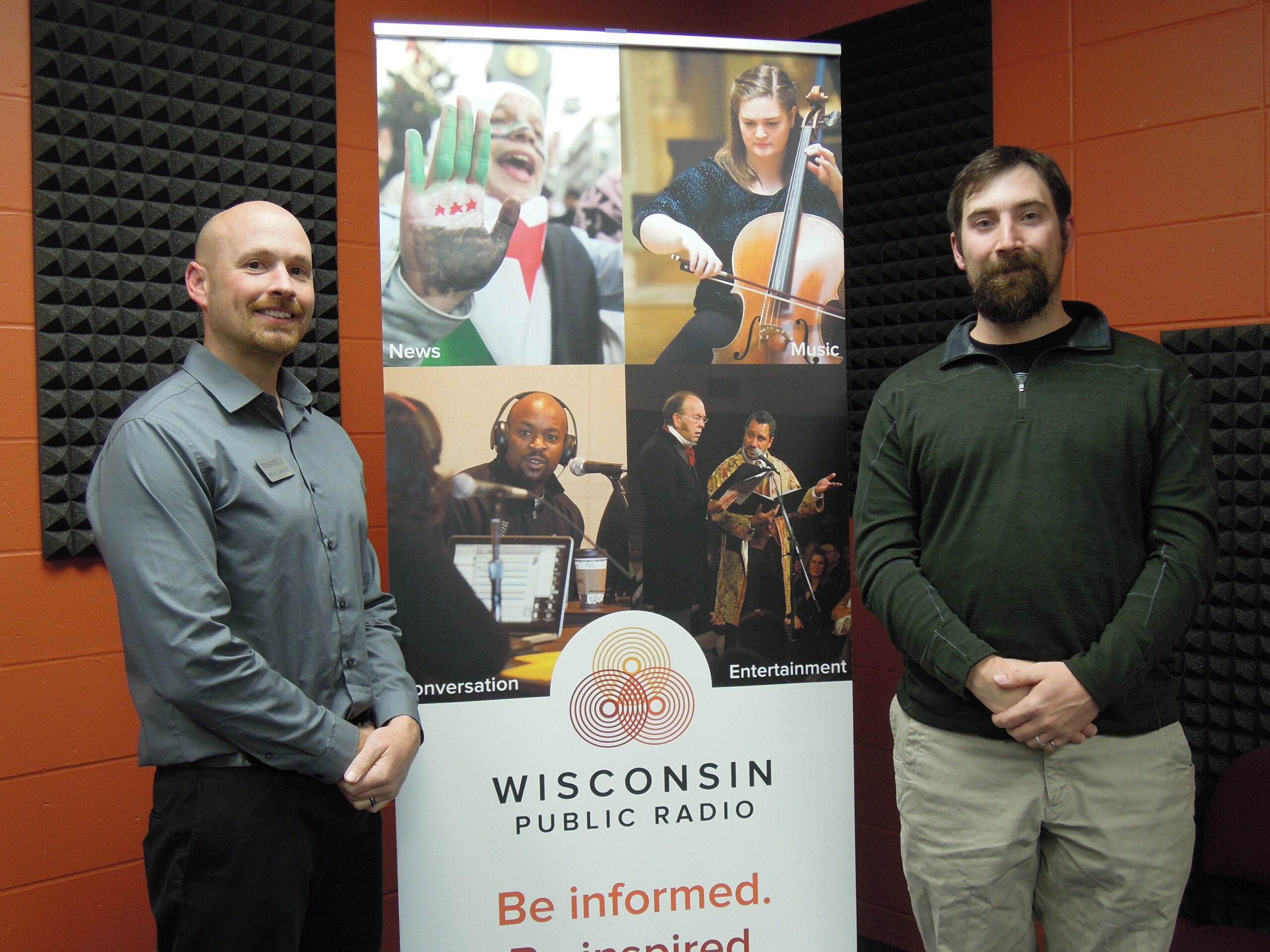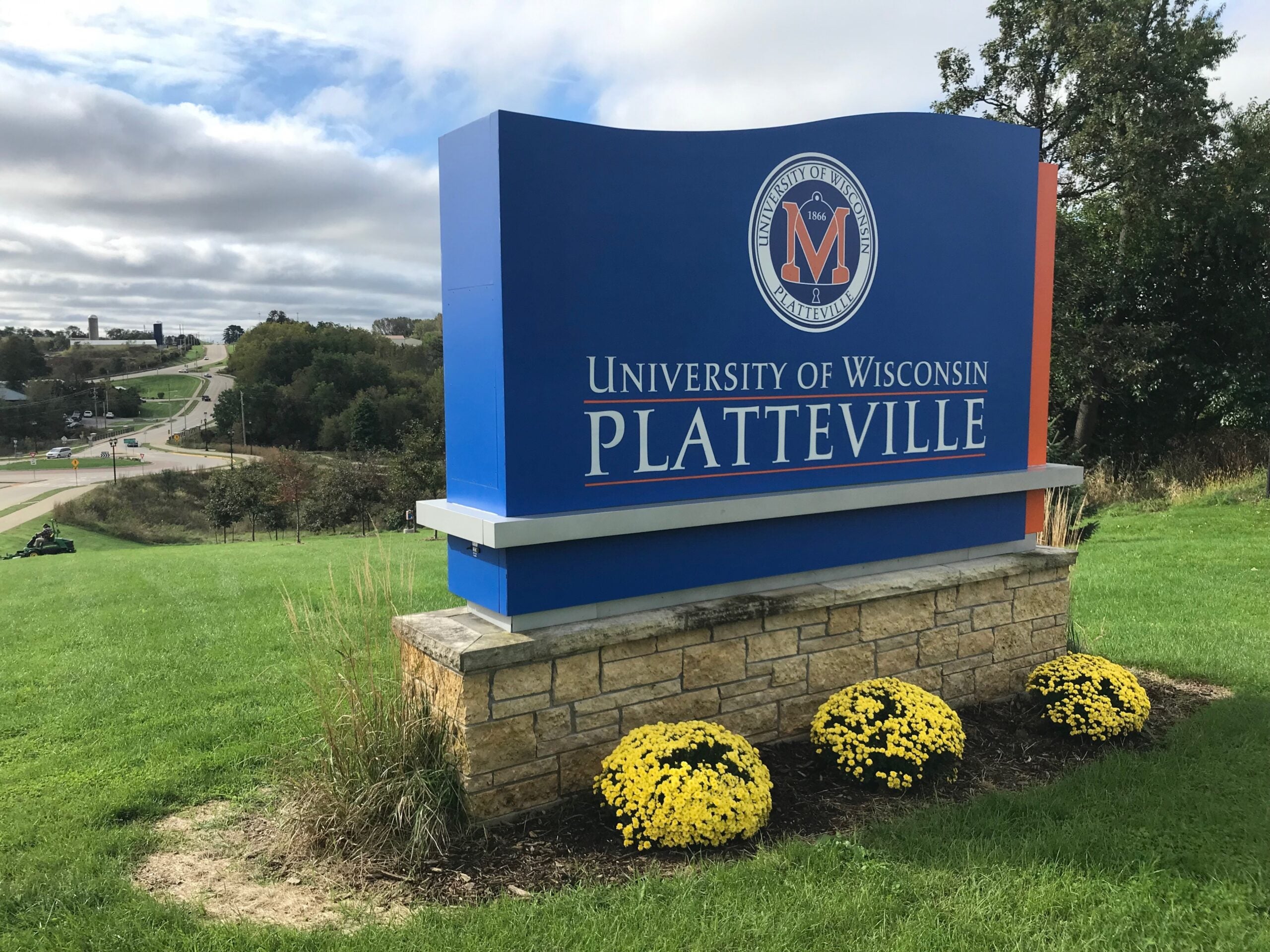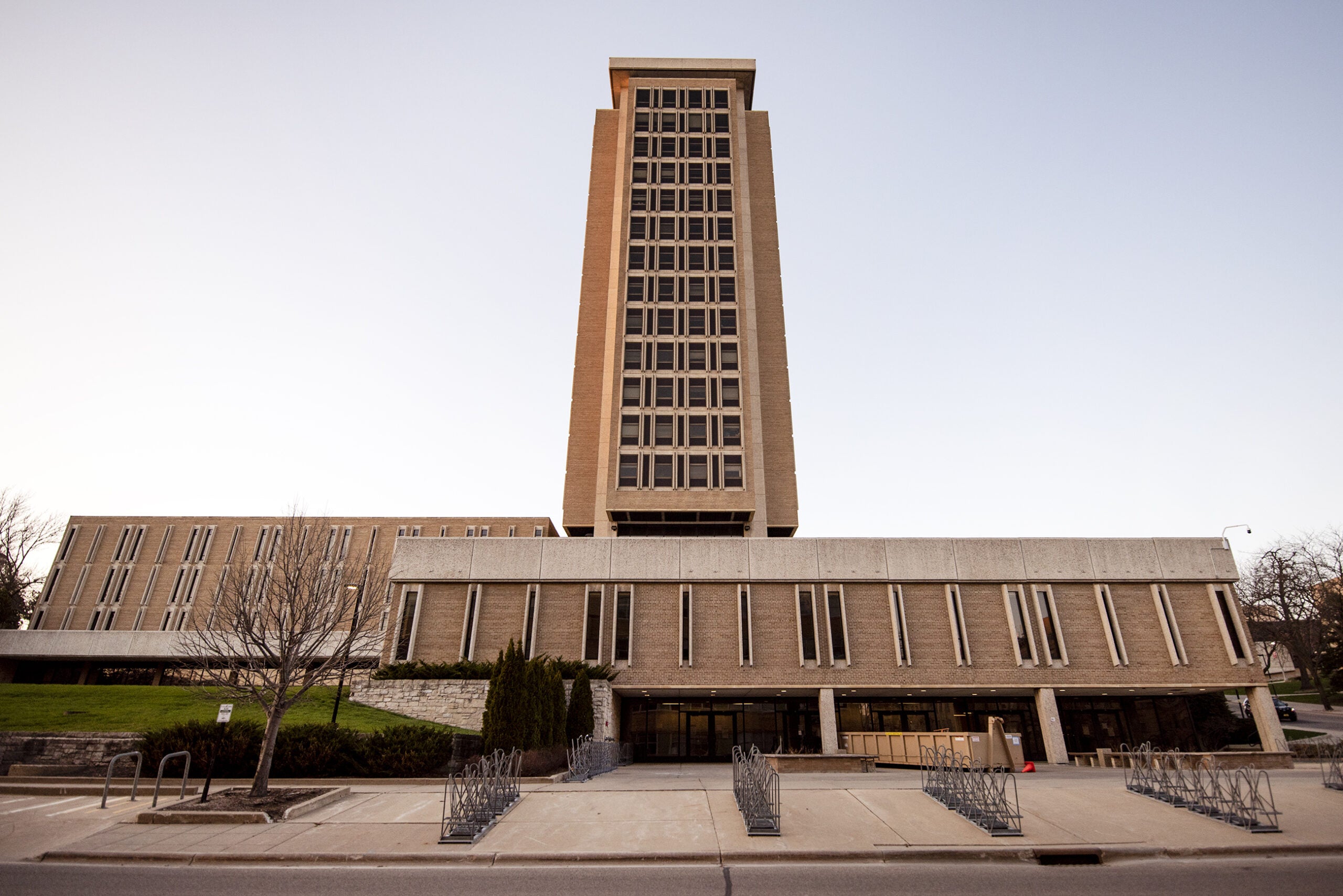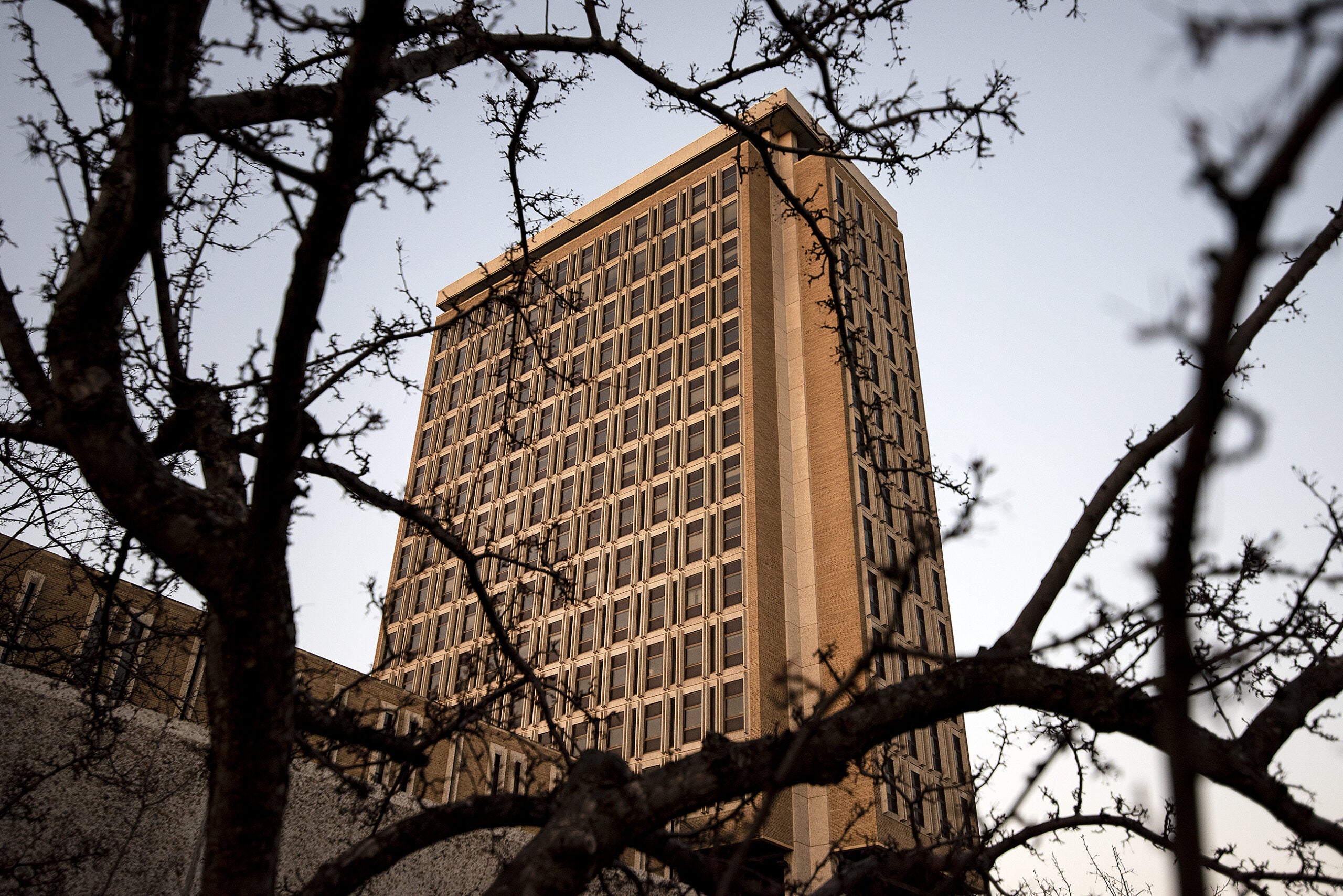While much of the infrastructure in Wisconsin is aging and in need of replacement, so too is the workforce designing and maintaining it.
From engineers who are planning future infrastructure to mechanics and laborers who keep systems running, higher education officials are warning of a pending shortfall of those who keep infrastructure working.
“We’re seeing between 20 and 30 percent of the population retiring around the year 2020,” said Josh Gamer, dean of the Integrated Technology Division at Western Technical College based in La Crosse. “That’s a huge influx of people leaving those positions. Any future job growth on top of that just shows the fact that you’re going to have this enormous demand.”
Gamer said retirement estimates are for all jobs. But in a highly technical and evolving field like infrastructure, which everyone depends on, a worker shortfall could be bad for society.
One way to help cushion a potential worker shortage is getting students involved and interested in science, technology, engineering and math, said University of Wisconsin-Platteville civil engineering professor Austin Polebitski.
“It’s important that we’re getting students to continue to enter these STEM or the engineering fields, because we need to continue to have people in those positions, they do important work,” Polebitski said. “In civil and environmental engineering, we have seen some growth. At Platteville, the hope is to continue to grow engineering as we go forward.”
Demand for talent in infrastructure-related careers is also great. At UW-Platteville, Polebitski said civil engineering graduates have a 100 percent job placement rate almost every year, and most graduates have multiple job offers.
Polebitski said other schools in the UW System are talking about growing existing engineering programs or starting new engineering or engineering technician programs.
Polebitski said the curriculum for engineering students at UW-Platteville is centered around traditional concerns in infrastructure like long-range planning, operation and maintenance. But in the last 20 years it has expanded to address sustainability, climate change, and uncertainties, such as societal and financial pressures.
“If you’re going to build a $1 million plant, what do you do to safeguard it against that?” he said referring to climate change. “Do you spend an extra $10,000, $100,000? Those all have kind of repercussions in current dollars when you’re talking about something that’s 50 years out.”
Episode Credits
- Hope Kirwan Host
- John Davis Producer
- Josh Gamer Guest
- Austin Polebitski Guest
- Katie Kosmal Guest
Wisconsin Public Radio, © Copyright 2024, Board of Regents of the University of Wisconsin System and Wisconsin Educational Communications Board.





